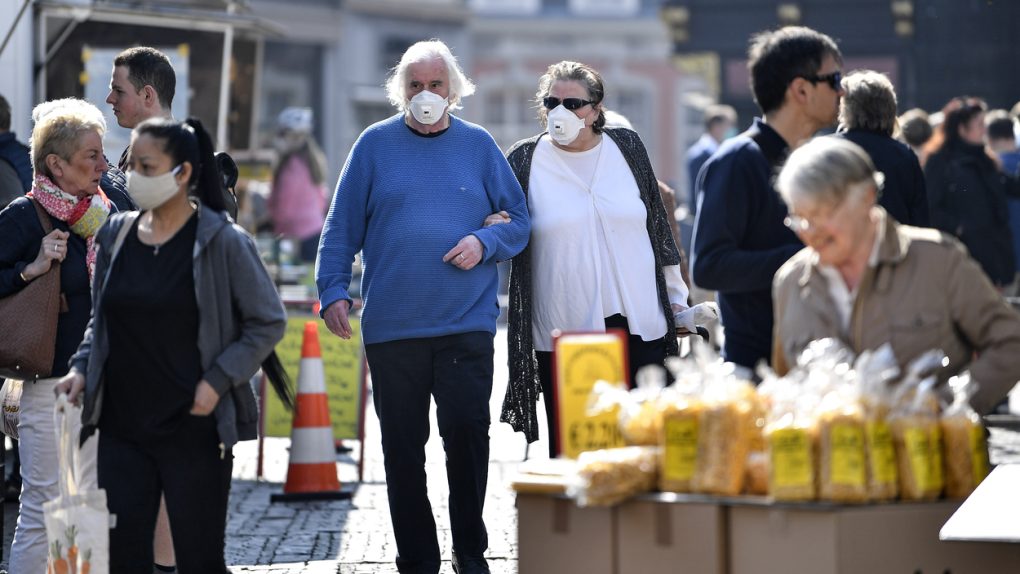- A new study says that loss of smell and taste are symptoms that are more likely to be associated with milder cases of a novel coronavirus infection.
- The study says sensory impairment should be a standard COVID-19 screening measure.
- The good news is the researchers also observed that COVID-19 patients who experienced the symptoms got their smell and taste back in the weeks that followed their recovery.
- Visit BGR’s homepage for more stories.
Correct COVID-19 diagnosis involves testing because that’s the only way to prove the novel coronavirus is responsible for the symptoms a patient is displaying. Fever, fatigue, cough, and breathing issues are the most common COVID-19 signs, but they can all be encountered in other ailments, including the common cold and flu. In the past few weeks, doctors treating coronavirus infections have observed other clinical manifestations of the new disease, but not all patients exhibit them. Neurological and cardiac signs, red eyes, and even skin reactions have been reported after contracting the illness. But the most strange COVID-19 symptoms are the loss of smell and taste, though scientists have already explained why this happens: the SARS-CoV-2 virus can affect specific cells in the olfactory region of the nose on its way to the lungs. Now, a new study gives us more good news about this COVID-19 symptom, both for diagnosing the disease and the recovery.
“Based on our study, if you have smell and taste loss, you are more than 10 times more likely to have COVID-19 infection than other causes of infection. The most common first sign of a COVID-19 infection remains fever, but fatigue and loss of smell and taste follow as other very common initial symptoms,” UC San Diego Health otolaryngologist and head and neck surgeon Carol Yan told UC San Diego News Center. “We know COVID-19 is an extremely contagious virus. This study supports the need to be aware of smell and taste loss as early signs of COVID-19.”
The UC San Diego Health researchers surveyed 1,480 patients with flu-like symptoms from March 3rd through March 29th. 102 of those tested positive for the novel coronavirus and the rest tested negative. The study included responses from 59 COVID-19 patients and 203 other patients. Most of the respondents were people with milder forms of the illness who did not require intubation or even hospitalization, which is certainly good news for anyone why experiences the symptoms. However, identifying early signs like this might be key to containing the spread of infections.
The research says that the loss of smell was profound in people who reported it. This is where the first good news about the symptoms comes in, as Yan said the rate of recovery of smell and taste was high and occurred two to four weeks after the initial infection. A report a few days ago said some COVID-19 patients have been waiting for weeks for the sense of smell to return.
“Our study not only showed that the high incidence of smell and taste is specific to COVID-19 infection but we fortunately also found that for the majority of people sensory recovery was generally rapid,” the doctor said. “Among the COVID-19 patients with smell loss, more than 70 percent had reported improvement of smell at the time of survey, and of those who hadn’t reported improvement, many had only been diagnosed recently.”
The other good news is that some hospitals might screen for this symptom in an attempt to catch COVID-19 cases early on. UC San Diego Health now includes loss of smell and taste as a screening requirement for both visitors and staff. That said, not all COVID-19 patients will experience the symptoms. Interestingly, the researchers found that people who reported a sore throat often tested negative.
Like other novel coronavirus studies, this is still limited research and might need further development. Ultimately, widespread availability of tests is the only thing that will help significantly curb transmission. The full study is available at this link.








